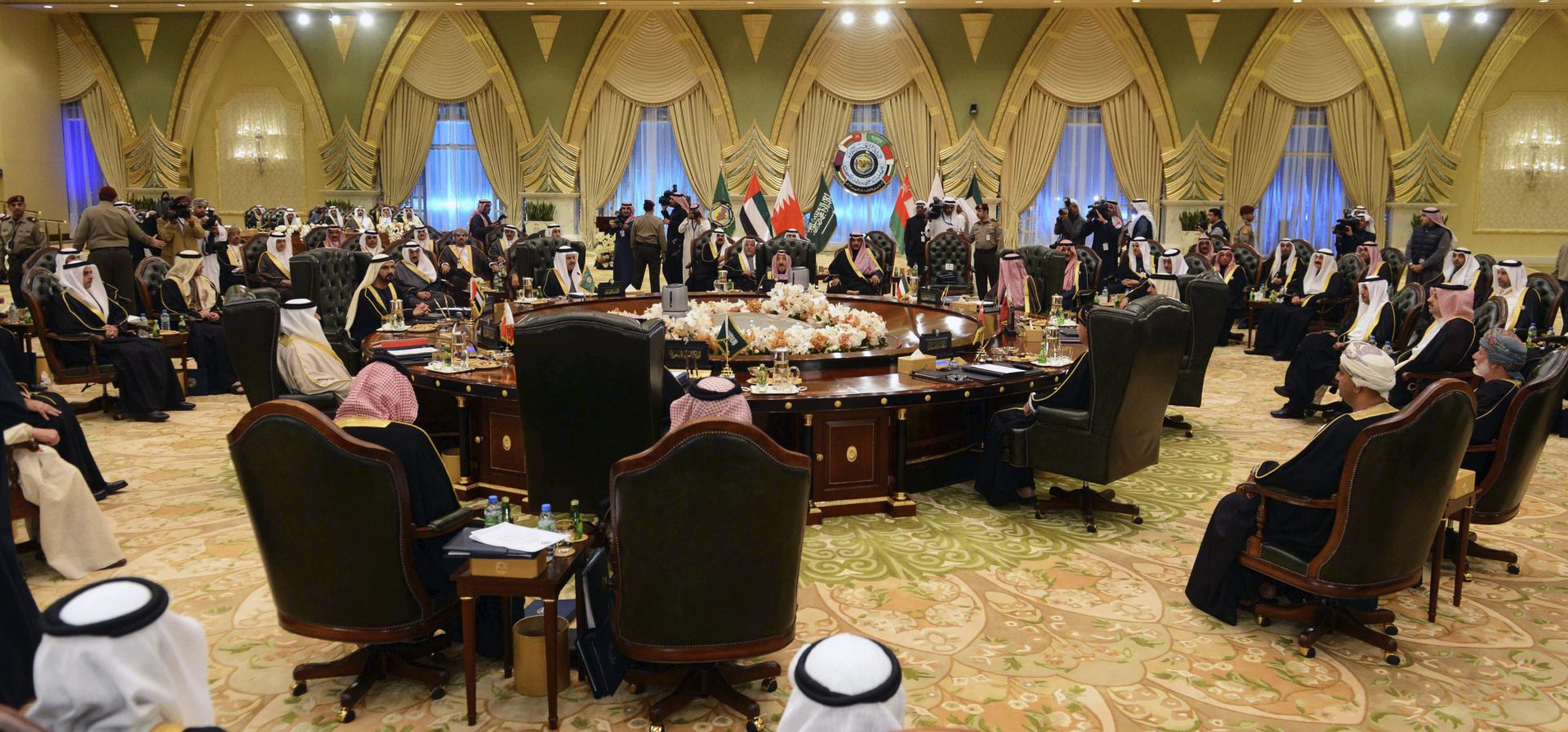Two Kuwaiti oil experts – Mohammad Al-Shatti and Amer Al-Tamimi – urged the GCC countries to put plans and take reform measures to face falling oil prices, reported KUNA.
They reminded the GCC states that they depend mainly on oil revenues to support their budgets, stressing the importance of reducing spending, subsidy reforms, diversification and austerity measures.
These remarks were made on Saturday following a symposium on the repercussions of the drop in oil prices on oil exporting countries.
Mohammed Al-Shatti, Kuwait’s representative to the Organization of Petroleum Exporting Countries, also told Bloomberg that oil markets will continue to be oversupplied for as long as five years.
“Lower prices will continue until the glut in the market ends,” Al-Shatti said. “Many countries are expected to increase production. Iranian crude is expected to return and that means an increase in production.”
Demand isn’t expected to absorb the extra capacity and it will take shifts in supply to affect prices, he explained.
Al-Shatti also said that geopolitical disruptions or reduced future output could cause an increase because of the 30% fall in capital expenditure by oil companies.












